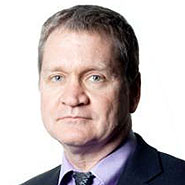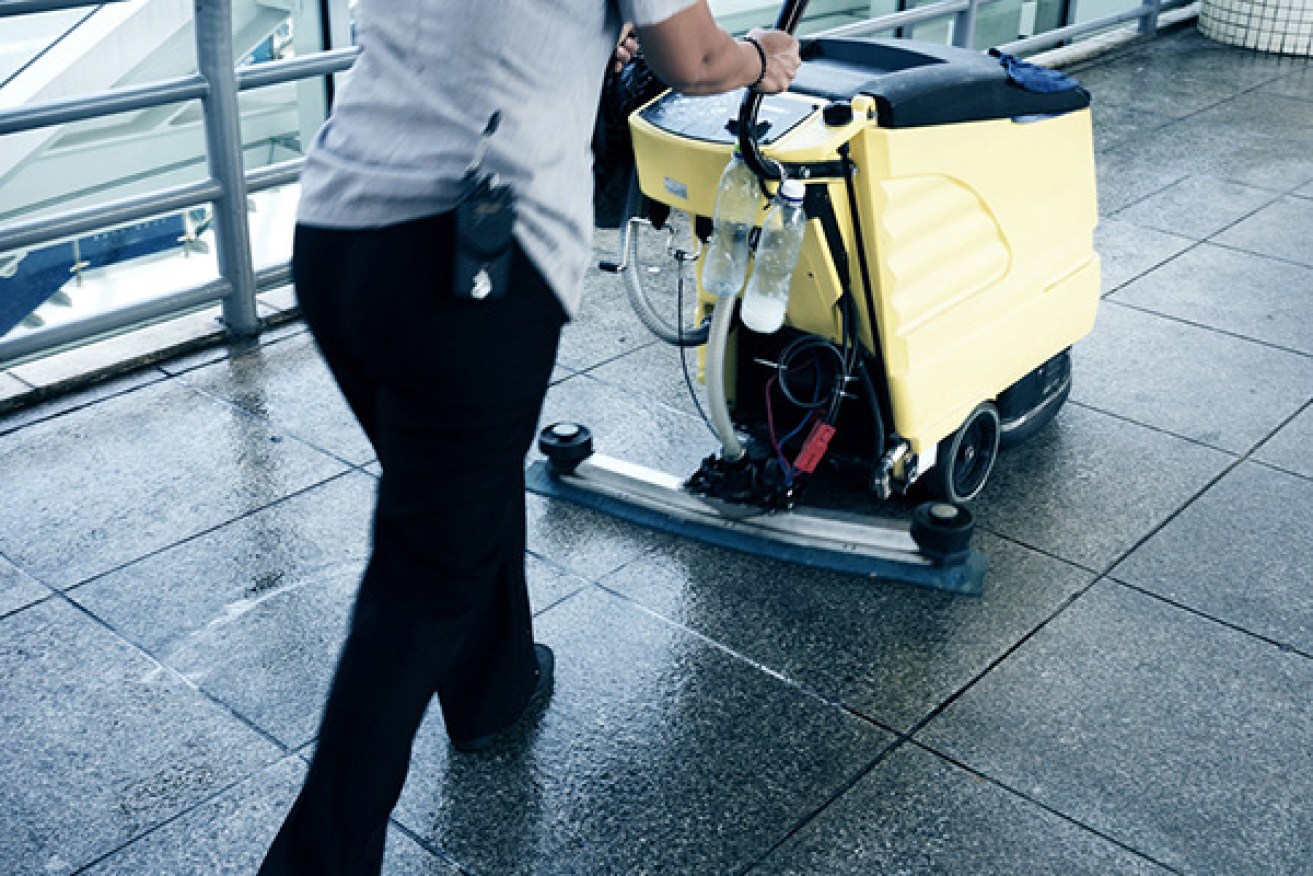Minimum wage debate follows a familiar script


The pattern of behaviour surrounding Australia’s annual minimum wage review is almost as inevitable as death and taxes.
Every year, the unions, led by the ACTU, make a claim for a pay increase which contains some ambit. The employers respond by saying the claim will lead to massive job losses.
In the end, the Fair Work Commission hands down an increase that falls between the two extremes.
• Pay packets: how does yours compare?
• What are the secrets to Aldi’s super low prices?
• The trick employers use to pay you less
• Forget mining, the next employment boom is …
Don’t get me wrong, the Commission’s expert panel, led by its president, Justice Iain Ross, carefully weighs up the arguments of the parties, and the economic evidence, before settling on a number.
But that’s the pattern, shorn of the warnings of dire consequences from both labour and capital.
In this year’s case, the ACTU asked for $27 a week extra or a 4.2 per cent increase in the federal minimum wage, boosting it to $667.90 a week.
The Australian Chamber of Commerce and Industry wanted an increase of “no more” than $5.70 a week extra or 0.9 per cent, while the Australian Industry Group suggested $10.15 or 1.6 per cent.

Construction workers will do slightly better than some others.
As it turned out, Commission this week awarded the nation’s award-reliant workers a 2.5 per cent increase, lifting the national minimum wage by $16 a week. This means the minimum wage will be $656.90 – or $17.29 an hour – from July 1.
It should be noted that a percentage increase means that higher skilled workers who still depend on awards get a higher increase in dollar terms, with tradespeople in manufacturing getting an increase of $18.70 a week to $765.
The Commission’s expert panel explained: “The lower inflation and aggregate wages growth has favoured a more modest increase in minimum wages.”
Now, the decision covers almost 1.9 million workers, so it matters personally and in macroeconomic terms.
But as a 61-year–old cleaner who emigrated from Sudan in 1998, Gemal Babiker, told the ABC, a $16 a week pay rise did not cover a cup of coffee every day.
Nevertheless, the Australian Retailers Association (ARA) still warned the increase – amid low consumer confidence and low growth – would “sadly result in further job losses and business closures”.

Some healthcare workers will benefit from the wage decision.
Mind you, the ARA said much the same in their press release after the 2014 minimum wage increase of three per cent or $16.87 per week.
But what does the economic data show?
The mass job losses predicted by employers after the 2014 minimum wage increase of three per cent did not occur.
In this year’s decision, the Commission’s expert panel found “no evidence of particular corporate stress”. It said business entry rates exceeded business exit rates for industries that depend on awards, like retail and hospitality.
One of Australia’s leading academics on workplace matters, John Buchanan, believes that Australia is now lagging behind in the rethinking of the minimum wage.
Professor Buchanan – the principal advisor, research impact, at the University of Sydney’s Business School – says he has been a strong supporter of the minimum wage-setting role of the Fair Work Commission.
However, he was “pretty disappointed” with the “conservative” stance taken in this year’s decision, which was below basic equation of inflation plus increased productivity.

A workplace expert believes Australia is lagging behind in the rethinking of the minimum wage.
He told The New Daily that a range of economists and international institutions – including the OECD, the IMF and the World Bank – had shifted on their traditional view that increasing minimum wages threatened jobs and economic growth.
Furthermore, these institutions now took the view that wages growth was needed to sustain economic growth, a point they pushed in a joint report to last year’s G20 meeting hosted in Australia.
“All of the major players in the key international economic advisory institutions have changed their thinking, but in this country we’re afflicted by outdated intellectual rigidities – especially concerning things like the ‘minimum wage increases = unemployment’ dogma,” he said.
“We need to free up our thinking and catch up with the new thinking that’s going on an international level.”
But don’t hold your breath. I reckon that unions (plus Labor politicians) and employers (plus Liberal politicians) will go through the same stale routine in 2016.
This year, the Commission’s expert panel led by Justice Ross decided against giving a lesser minimum wage increase in areas affected by drought in Queensland.
However, the panel noted it was unable to revisit a determination once the minimum wage review had been completed, meaning an employer that wants to argue exceptional circumstance has to have to wait an entire to argue their case.
The panel made the same comment in the three previous minimum wage reviews. But politicians of all stripes have yet to listen, and make a comparatively minor legal change.
So, yes, the minimum wage in Australia is high against the rest of the world.
But the gap between those on the minimum wage and those on average wages is growing, so a bit of perspective is needed.








